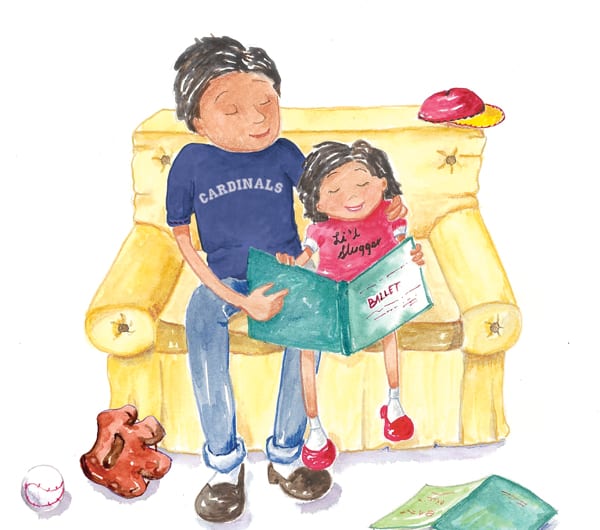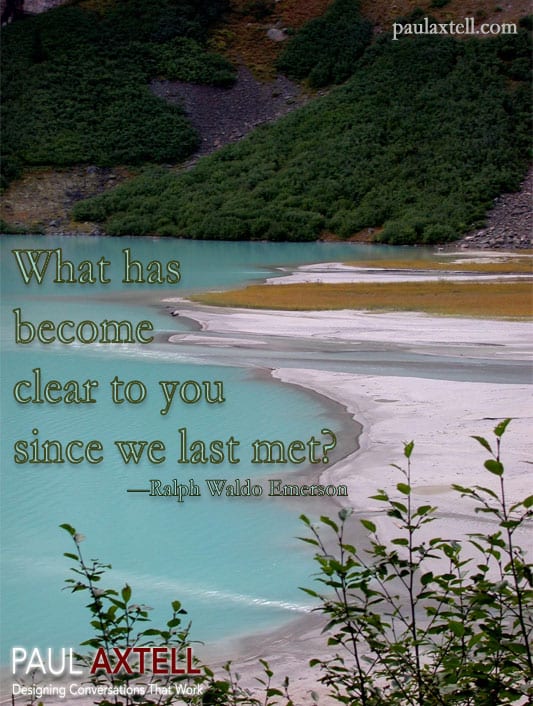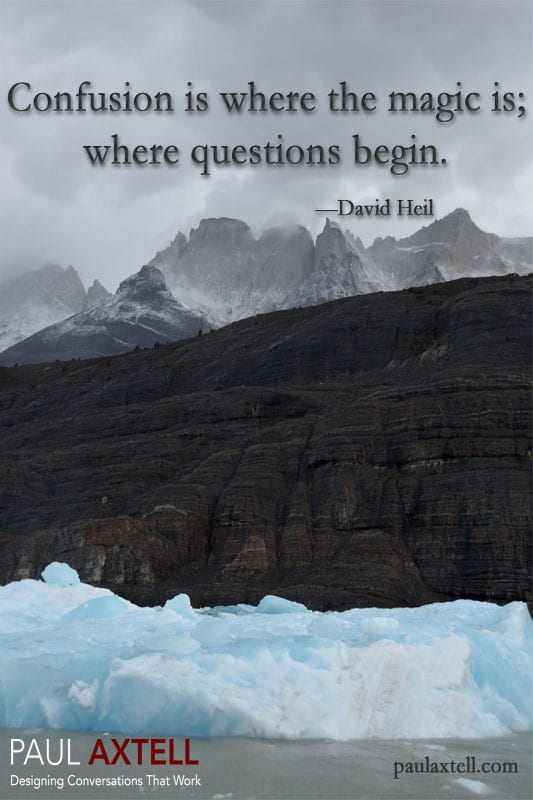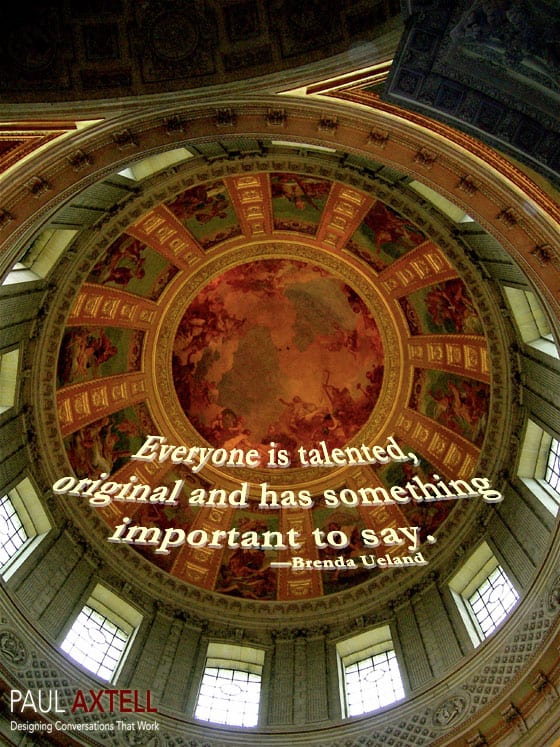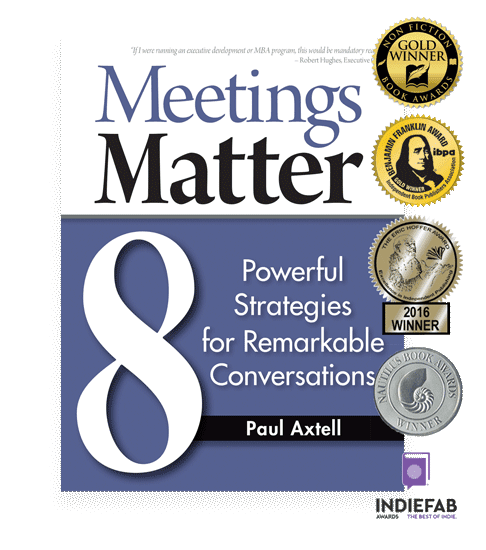“Children ultimately learn to love books because they are sharing [reading] with someone they love,” says Professor Barry Zuckerman of the Boston University School of Medicine’s Department of Pediatrics. He led a study on the benefits of reading to young children. “You can imagine if someone…came up with a widget that would stimulate all aspects of a two-year-old’s development, everyone would want to buy it.” Reading does just that and more, Zuckerman concludes.
Reading gives kids access to being effective in life. Reading also teaches kids how to focus and pay attention in a way that’s quite different from being drawn in by the dazzle of television. Research shows reading to children early in life stimulates language and social development, which gives them a big head start when they get to school. Kids who are read to have a much larger vocabulary, and that is one of the best predictors of school success.
I’m reminded of a time when I lived in St. Louis, close to Forest Park. Often in the morning I would walk to the St. Louis Bread Company for coffee and a pastry. On several occasions, I saw a father reading to his ten-year-old son from the Wall Street Journal. Eventually, I had an opportunity to sit down beside them and ask about what they were reading. Why the Wall Street Journal? For several reasons, the father told me. It was something to do together before they went to school and work. He felt it was important that he read at a level just beyond the boy’s reach or ability to comprehend. He wanted to create situations where he needed to stop and explain what words meant. He wanted his son to learn that words had different meanings depending on the context or how they were used. And he wanted to expose his son to as much of the world as possible—even if it wasn’t through direct experience. I walked away thinking about reading in a whole new way—far beyond the notion that it’s something you only do with small children.
A window to the world
Part of what is important for children to learn is to be interested in people, to be curious about the world, and to be comfortable being anywhere in the world. If Cindy and I could take all of our grandchildren around the world or even the United States, we would. If we could interest them in music, dance, opera, art museums, the outdoors—we would. One thing we can do is give them access to all of these things in one way—through books.
Reading provides exposure to the richness of the world. Most people don’t have the time or resources or inclination to travel the world with their children. But we can all give them access to books, through which we expand their horizons by reading about different places, people, and ideas.
I’d love my grandkids to be thrilled about how much there is to learn about the world and the people in it, and reading is a way to get at that. When Cindy and I travel, we like to send postcards to the grandchildren. In part, it’s because the kids love to get mail. But we also have an idea that each postcard expands their view of the world and where they might visit. It came back to us in a delightful way when Trey, who was six, said he couldn’t wait until he could retire so he could travel. As Dr. Seuss said, “Oh, the places you’ll go!”
Everyone has a story to tell.
Another great benefit of reading is being introduced, through the pages of books, to so many different people. When you read with your children, you have a wonderful opportunity to go beyond those introductions and look at what makes the characters tick, or ask your kids what about the stories moved them, or wonder what they would do in a similar situation. It’s also a good way to introduce the idea that people matter—that, as Winnie the Pooh says, “Everybody’s really all right.”
It’s easy to judge people based on appearance or what others say about them. Kids can grow up to be quick to judge others, scared of strangers, or just uncomfortable meeting new people. And usually what makes a difference is getting to know the other person—learning his or her story. Abraham Lincoln took that notion even further when he said, “I don’t like that man. I’m going to have to get to know him.”
There are lots of ways to express the idea that people matter—that getting to know them is worthwhile. I like this one from a participant in one of my training programs: “Everyone has a story, and I don’t know yours.” It was her way to remind herself to be more interested in other people.
And the world is getting smaller. We continually come into contact with people who have different backgrounds, different looks, and different ways of interacting with the world. By reading, we gain exposure to how others see themselves, how they feel about their lives, and how they think about the world we share. Part of this notion that people matter is about seeing the world in a more inclusive way. More importantly, it’s about seeing the people down the street as unique and interesting also.
Dorothy in The Wizard of Oz said it best as she embarked on her adventure over the rainbow: “Toto, I have a feeling we’re not in Kansas anymore!”
A recent article from the Business Insider agrees that reading to our children does wonders for their future success. It goes on to provide a wonderful round-up of book suggestions you might consider sharing with your kids.

